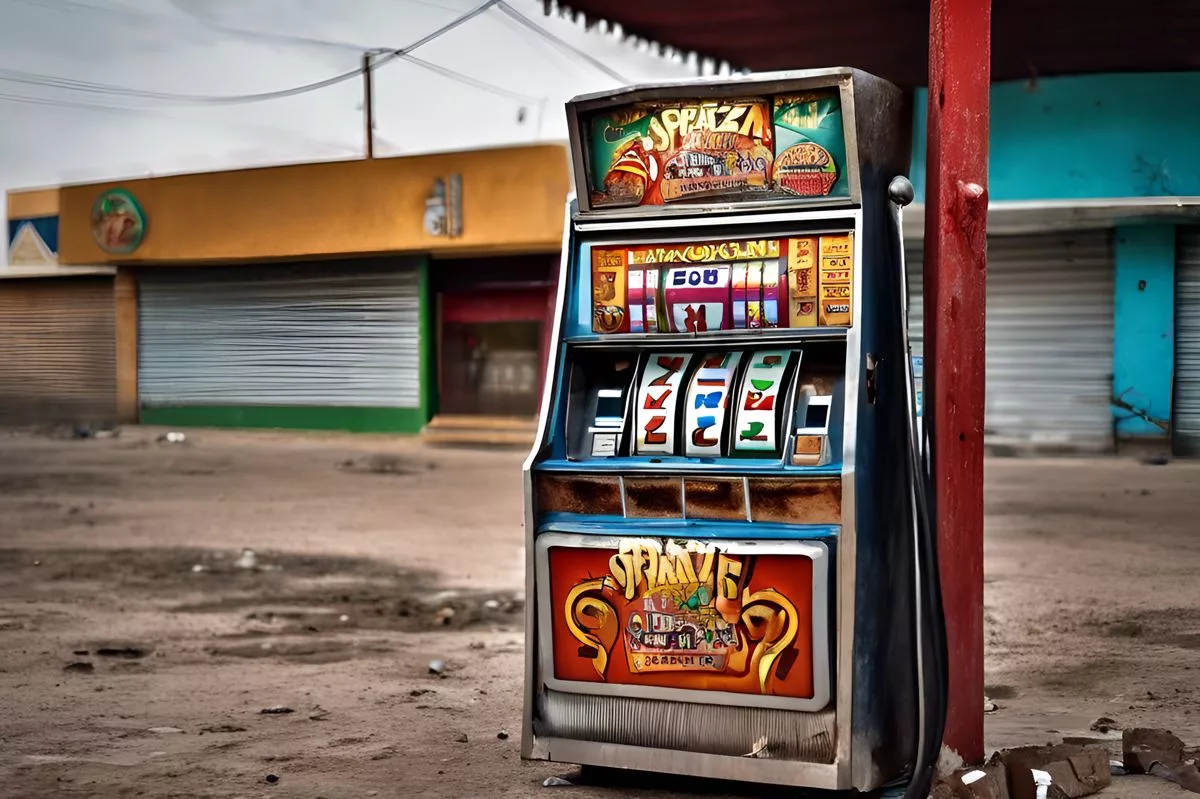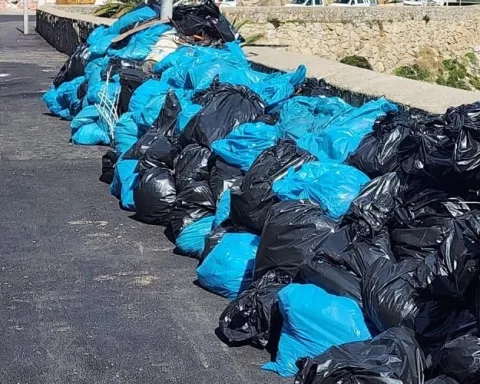Slot machine gambling has become a growing addiction among youngsters in Khayelitsha, South Africa. Children are neglecting their studies and essential nutrition to feed their craving. The community is calling for collective action to pressure convenience store owners to remove the machines and for authorities to raise awareness about unlawful gambling and enforce gambling laws to protect the community’s vitality and spirit. Personal stories of addiction highlight the urgency of the situation and the need for immediate action.
The Growing Menace of Gambling in Khayelitsha
In Khayelitsha, South Africa, slot machine gambling is becoming an alarming addiction among youngsters. Children are neglecting academics and even essential nutrition to feed their craving. The Khayelitsha Community Policing Forum is concerned about the subtle nature of the problem, calling for pressure on convenience store owners to remove the machines. The Western Cape Gambling and Racing Board has pledged to heighten awareness about unlawful gambling, while the Khayelitsha Development Forum emphasizes the need to adhere to gambling laws. Collective action is needed to safeguard the community’s vitality and spirit.
The Threat to the Community
In the lively neighborhood of Khayelitsha, situated on the edge of Cape Town, a distressing issue is menacing its essence – its future, the children. A troubling addiction is proliferating among the youngsters, an obsession not with a substance, but with a potentially equally harmful activity – slot machine gambling. The machines, frequently seen in local convenience stores, have sparked heated debates among the residents, who associate the gambling apparatus with rising absenteeism and surging gambling addiction among the township’s younger generation.
Personal Stories of Addiction
Mthokozisi Kene, an afflicted local, portrays a troubling scenario of his son’s fascination with slot machines. He discloses that his son frivolously spends his allowance on endless slot machine sessions. Alarmingly, the lad even resorts to theft from their home to satisfy his craving. The agony Kene experiences as he recounts his son’s shocking neglect of academics and even essential nutrition for his fixation is evident. Kene’s appeal to store owners to eradicate these machines resonates with the community’s desperation, witnessing the erosion of its youngsters’ future.
Asive Mgivisa, another local, resonates with Kene’s distress as she relays her own experience with her 12-year-old son’s burgeoning addiction. The shocking realization of her son’s addiction, found through his abandoned school bag and uniform at home, deeply shook Mgivisa. The revelation, coupled with the heartbreaking discovery that the lad had been skipping school for over a month to indulge his addiction, left Mgivisa feeling overwhelmed, emphasizing the community’s urgent demand for the elimination of slot machines.
The Community Policing Forum’s Concerns
The Khayelitsha Community Policing Forum (CPF) has also expressed its worries. CPF spokesperson Monde Bambelo underscores the subtle nature of the problem, expressing regret over its addition to an already extensive list of societal issues plaguing the community, such as alcoholism and substance abuse. With a hint of disappointment, Bambelo queries the Western Cape Gambling Board and the National Gambling Board’s silence on this disturbing matter. He encourages community unity to put pressure on convenience store owners and force the removal of these machines.
The Response from Authorities
The Western Cape Gambling and Racing Board has pledged to heighten awareness about unlawful gambling. They reassure the public that reports of illegal gambling are taken seriously, swiftly investigated, and appropriate action is executed. However, the community’s apprehension persists.
Veza Nethi, secretary of the Khayelitsha Development Forum, brings another aspect to the problem. He points out that the slot machines not only push children towards petty theft and truancy but also transform stores into shelters for children trying to evade school. The forum, while being supportive of local businesses, does not tolerate breaches of gambling laws. Nethi’s message to the shop owners is straightforward: adhere to gambling rules or face repercussions.
The Call for Collective Action
The problem of slot machines in Khayelitsha extends beyond a case of legal neglect or business regulation. It’s a crisis that endangers the community’s fabric, its children. It necessitates a joint effort from the community, businesses, and authorities to confront this issue directly and safeguard not only the future of Khayelitsha’s children but also the community’s vitality and spirit.
What is the issue affecting Khayelitsha’s community?
Slot machine gambling has become a growing addiction among youngsters in Khayelitsha, South Africa. Children are neglecting their studies and essential nutrition to feed their craving.
Why is the community concerned about slot machines?
The community is concerned about the rising absenteeism and surging gambling addiction among the township’s younger generation.
What are some personal stories of addiction?
Mthokozisi Kene shared his son’s fascination with slot machines, while Asive Mgivisa recounted her 12-year-old son’s burgeoning addiction. Both stories highlight the urgency of the situation and the need for immediate action.
What are the concerns of Khayelitsha Community Policing Forum?
CPF spokesperson Monde Bambelo underscores the subtle nature of the problem, expressing regret over its addition to an already extensive list of societal issues plaguing the community, such as alcoholism and substance abuse.
How are authorities responding to the problem?
The Western Cape Gambling and Racing Board has pledged to heighten awareness about unlawful gambling, while the Khayelitsha Development Forum emphasizes the need to adhere to gambling laws.
What is the call to action?
Collective action is needed to pressure convenience store owners to remove the machines and for authorities to enforce gambling laws to protect the community’s vitality and spirit. This issue endangers the community’s fabric, its children, and necessitates a joint effort from the community, businesses, and authorities to confront this issue directly.












